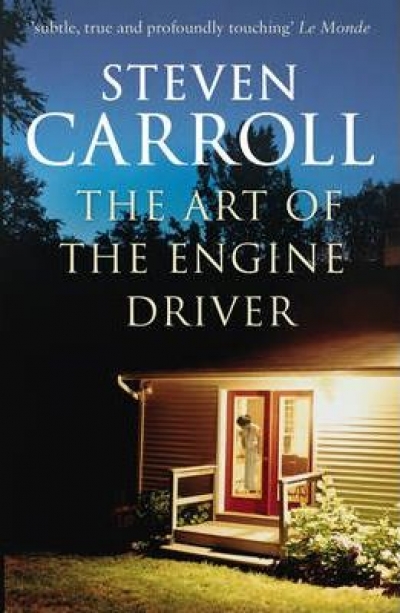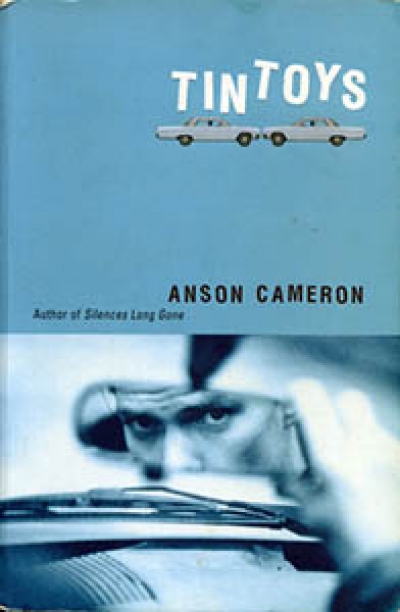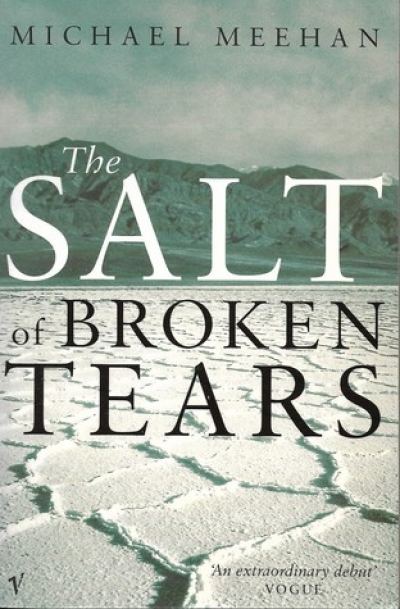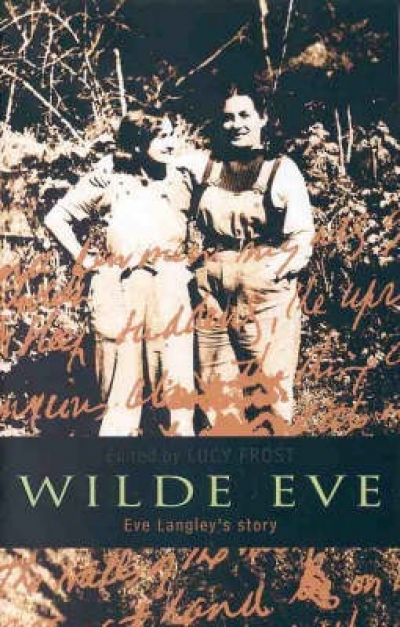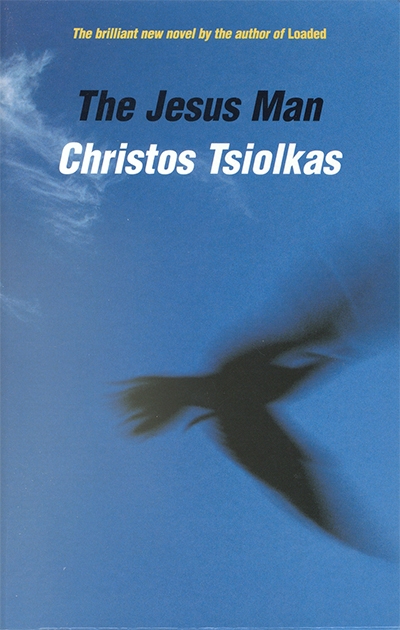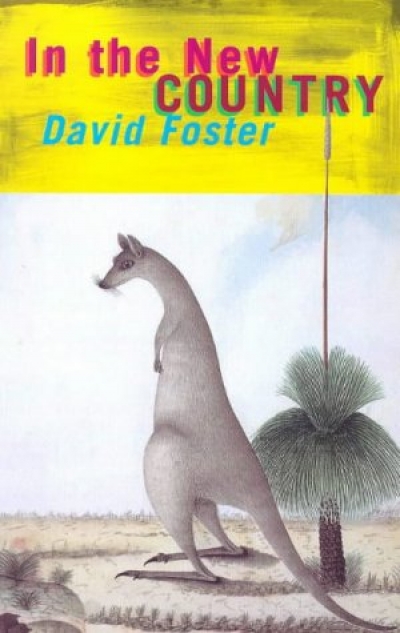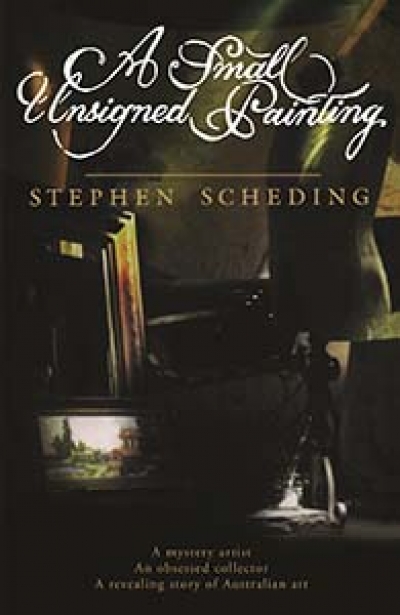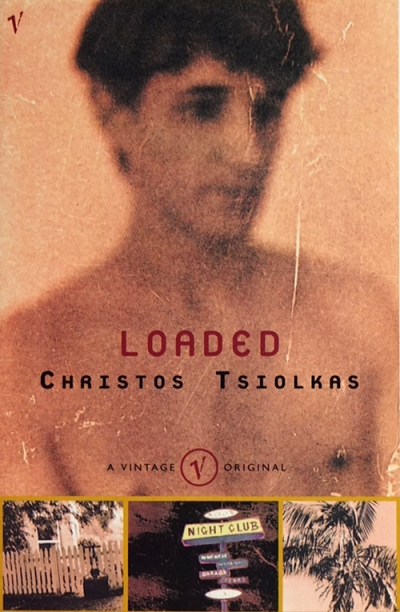Vintage
These four titles are reissues of well-known texts, or of the work of well-known writers, from four different publishers. A good sign perhaps, very welcome at a time when publishing seems ever more ephemeral and when many works, even from the recent past, are unavailable.
... (read more)The Art of the Engine Driver by Stephen Carroll & Summerland: A Novel by Malcolm Knox
by Geordie Williamson •
Tin Toys by Anson Cameron & Stormy Weather by Michael Meehan
by David Matthews •
In the New Country by David Foster & Studs and Nogs by David Foster
by Susan Lever •
Vanity Fierce by Graeme Aitken & Gay Resort Murder Shock by Phillip Scott
by Dean Kiley •

